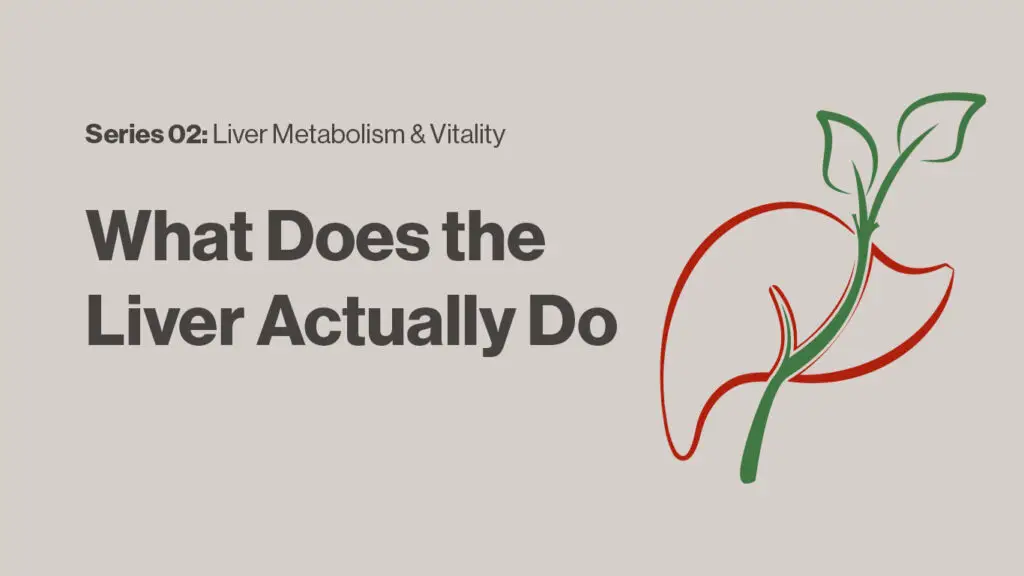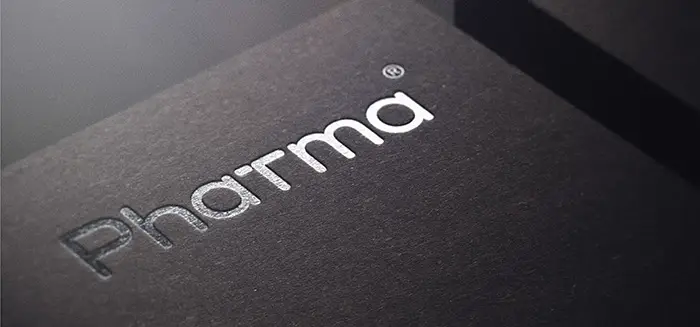
What Does the Liver Actually Do And Why You Should Care
When was the last time you thought about your liver?
Probably not often—yet this quiet, 1.5-kilogram organ is working 24/7 behind the scenes to keep your body in balance. From liver detox to digestion, fat burning to hormone processing, the liver plays a central role in your overall health and vitality.
In this post, we’ll break down what the liver actually does—and why taking care of it might be the smartest health move you make this year.
Your Body’s Hardest-Working Organ
The liver is your body’s chemical processing plant. Everything you eat, drink, breathe, and absorb through your skin is eventually filtered through the liver. It decides what gets stored, what gets eliminated, and what gets transformed into usable fuel.
And it does a lot more than people usually give it credit for.
Natural Liver Detox
Forget trendy juice cleanses—real detox happens quietly, every day, inside your liver. It’s constantly filtering toxins from your bloodstream: alcohol, medications, pollution, synthetic hormones, even the leftovers of your own metabolism like ammonia or excess estrogen.
What makes this possible is your liver’s two-phase detox system:
- Phase I (mainly cytochrome P450 enzymes) breaks down toxins into intermediate compounds.
- Phase II then “conjugates” those compounds—attaching them to molecules like sulfur or glutathione—to make them water-soluble and safe to excrete.
When this system works well, you don’t notice it. But when it’s sluggish or overloaded, that’s when fatigue, brain fog, and breakouts start showing up.
Some nutrients—like milk thistle, turmeric extract, and glutathione—are well-known for supporting this process. But it’s not just about having the right ingredients, it’s about how your body absorbs and uses them. That’s a topic we’ll keep coming back to.
Fat Metabolism & Bile Production
The liver doesn’t just manage toxins—it also handles your fats. It produces bile, which emulsifies dietary fat and helps you absorb fat-soluble vitamins like A, D, E, and K.
But beyond digestion, the liver also regulates how fats are stored or burned. It synthesizes cholesterol, packages triglycerides, and directs fat traffic around your body. If this system stalls, it can lead to fat buildup—sometimes directly in the liver itself (non-alcoholic fatty liver disease).
That’s one reason nutrients like choline are so critical—yet under-consumed. Choline helps the liver transport fat efficiently. And not all choline is equal; some newer forms are designed for better absorption and delivery directly to liver cells.
Blood Sugar & Energy Balance
Think your energy only depends on coffee or carbs? Think again—your liver plays a key backup role to your pancreas in managing blood sugar. It stores glucose as glycogen and releases it during fasting or between meals to keep you steady.
This balance is especially important if you’re dealing with low energy, irritability, or afternoon crashes. A healthy liver helps regulate energy naturally, no spikes or slumps required.
Certain compounds—like polyphenols from turmeric, antioxidant-rich oils, or even well-chosen essential oils like peppermint—are being studied for how they interact with both digestion and glucose metabolism. In some formulas, these are more than flavoring—they’re functional.
Hormone & Protein Processing
The liver helps break down and eliminate excess hormones from the body. Estrogen, insulin, cortisol, thyroid hormones—if these aren’t processed efficiently, they accumulate and throw off your inner rhythm.
That’s why people with sluggish liver function often feel bloated, moody, or hormonally “off.” It’s not just about the endocrine system—it’s about how well your liver keeps things in check.
On top of that, your liver creates proteins vital for health: albumin, which carries nutrients through your blood, and clotting factors to help wounds heal.
If your liver is tired, protein metabolism slows too—which can affect everything from skin recovery to muscle repair.
Storage, Activation & Immunity
The liver isn’t just a processor—it’s also a reservoir and gatekeeper.
It stores essential nutrients like iron and copper, which are metabolically linked and tightly regulated to prevent toxic overload. Unlike most water-soluble vitamins, vitamin B12 is uniquely stored in the liver for long-term use. And of course, it’s the depot for fat-soluble vitamins A, D, E, and K—crucial for immunity, bone health, and cellular repair.
The liver also acts like an internal pharmacy, releasing antioxidants and micronutrients during times of stress. That’s why some modern liver supplements use olive oil or MCTs as delivery bases—not just for taste, but to improve the bioavailability of fat-soluble actives like turmeric extract or vitamin E analogues.
It’s a small detail that reflects a deep understanding of how liver support should work from the inside out.
What Happens When the Liver is Overworked?
When your liver’s overwhelmed, it doesn’t scream for help—but it does whisper:
- Constant fatigue or fogginess
- Skin breakouts or dull tone
- Digestive discomfort
- Belly fat that won’t budge
- Hormonal weirdness or PMS
- Poor alcohol tolerance
Sometimes, these signs are dismissed as “getting older.” But often, they’re just the liver quietly saying: “I’m maxed out.”
Why Now’s the Time to Support Liver Health
Modern life is no joke for your liver.
From ultra-processed food and alcohol to stress and pollution, it’s working harder than ever.
Supporting liver health isn’t about extremes—it’s about gentle, daily support through clinically studied nutrients, in absorbable forms, with thoughtful combinations that don’t overwhelm your system.
You’ll be surprised how much better you feel when your liver isn’t overloaded.
Adipoactiva® Liver Metabolism & Vitality is formulated with this science in mind—supporting your liver with evidence-backed ingredients that work with your body’s natural rhythms for smarter, more effective detoxification and vitality.

